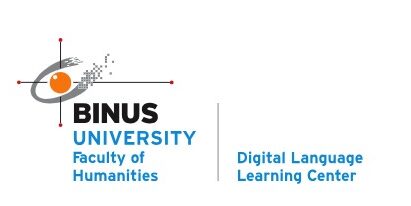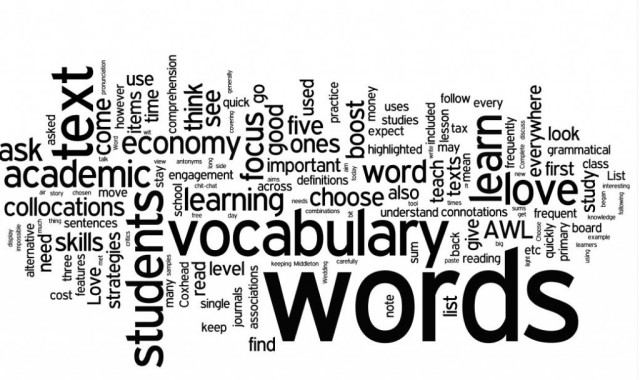[LINGUISTICS] Psycholinguistics and Vocabulary Learning
Vocabulary has always been my interest in the field of linguistics. For my Master Degree thesis, I even utilized vocabulary learning strategies. Although the notion of vocabulary learning and acquisition is under the area of English Language Learning and Teaching but, nevertheless, the process of acquiring words, learning the meanings and finally able to have a good retention with the words are what I believe as a concept of the human mind’s processes.
In Field (2003), he discussed about vocabulary in within three areas; Lexical entries, Lexical storage, and Lexical access (p.10). In short, Field defined that a word will be stored, and then defined into areas of distinction and finally, when it is used, it will be undergo the process of retrieval. If we are discussing it in the terms of Form, vocabulary will go into the areas of; phonological / orthographic information (either sound or letter form), and also the morphological information (the sense of modifying words and usage). Meanwhile for Meaning, vocabulary will go into the areas of; Syntax and Senses (p.12-3).
In meaning, we also have this concept of “Semantic sets” where it is divided into several associations such as; semantic fields (grouping), and then sense relation (synonyms, opposites, and hyponyms) and finally, collocates (frequent accompanying word) (Field, 2003:60).
In my previous Master Degree research, I used the category of the “low-level frequency words” because I want to see whether these (probably) unknown words by my respondents may be acquire perfectly within my tools of action and classroom researches. Vocabulary is always interesting for me, from Nation, Schimtt, Takac (vocabulary learning strategies), Read (for assessing) and many more. I love how their researches and books have been helping me throughout my thesis. And I am so grateful that in this Psycholinguistics class I also get the chance to study about vocabulary acquisition as well.
References
Field, J. (2003). Psycholinguistics. Routledge, USA.



Comments :